Home>Ideas and Tips>Setting Up A Small Space For Daily Yoga Practice
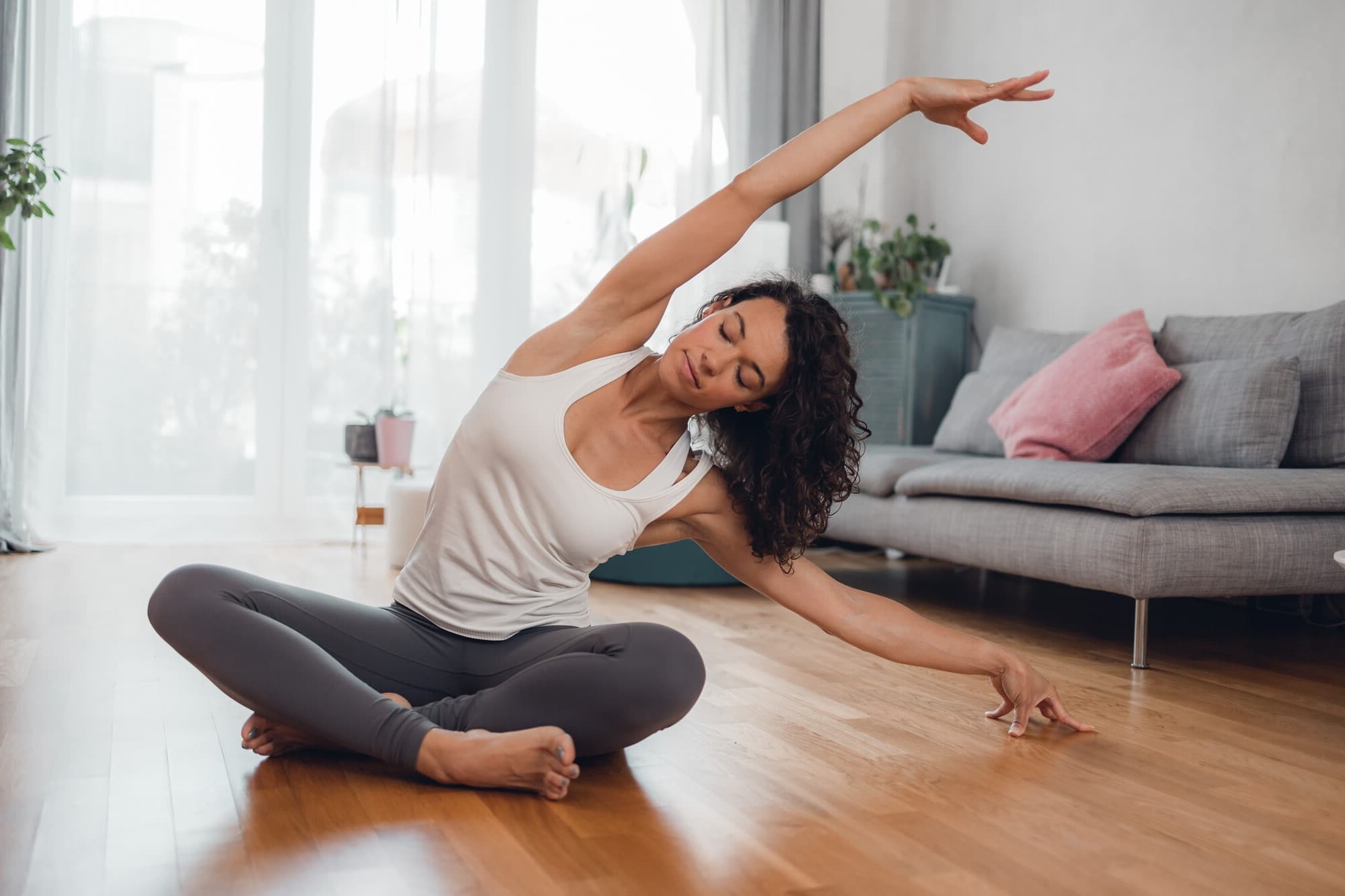

Ideas and Tips
Setting Up A Small Space For Daily Yoga Practice
Published: November 5, 2024
Create a serene yoga sanctuary in small spaces with our tips on flooring, lighting, and essential equipment for daily practice.
(Many of the links in this article redirect to a specific reviewed product. Your purchase of these products through affiliate links helps to generate commission for Storables.com, at no extra cost. Learn more)
In today's fast-paced world, maintaining a healthy lifestyle can be challenging, especially when living in a small space. However, incorporating daily yoga practice into your routine can significantly enhance your physical and mental well-being. The key to making this work is setting up a dedicated space that is both functional and inviting. In this article, we will guide you through the process of creating an ideal small space for your daily yoga practice.
Understanding the Importance of a Dedicated Yoga Space
Having a dedicated area for yoga is crucial for several reasons. First off, it helps you establish a consistent routine. When you have a specific spot for yoga, you're more likely to stick to your practice schedule. Plus, a dedicated space allows you to tailor the environment to your comfort needs. This includes choosing the right flooring, lighting, and temperature. Another biggie is focus. A dedicated space helps you concentrate on your practice. By removing distractions and creating an environment conducive to mindfulness, you can fully immerse yourself in your practice. Lastly, a well-designed space ensures that you can practice safely without worrying about tripping over objects or being distracted by external noises.
Read more: Best Practices For Handling Tableware
Assessing Your Space
Before you start setting up your yoga space, it's important to assess the area you have available. Here are some steps to help you evaluate your space:
- Measure Your Space: Measure the dimensions of the room or area you plan to use for yoga. This will help you determine how much space you have to work with and what type of equipment or furniture you can fit in.
- Identify Obstacles: Look for any obstacles such as furniture, windows, or doors that might affect your practice. Consider how these elements can be incorporated into your design.
- Natural Light: Assess the natural light in the room. If it's dimly lit, you may need additional lighting sources.
- Noise Levels: Consider the noise levels in the area. If it's noisy, you might need to invest in some soundproofing materials or find ways to minimize distractions.
Choosing the Right Flooring
The flooring in your yoga space is crucial for both comfort and safety. Here are some options to consider:
- Mats: A good quality yoga mat is essential for any practice. Look for mats made from eco-friendly materials like natural rubber or cork.
- Hardwood or Bamboo Flooring: These types of flooring provide excellent grip and are durable enough to withstand regular use.
- Carpets with Non-Slip Underlay: Carpets can be a good option if you prefer a softer surface but make sure they have non-slip underlay to prevent slipping during practice.
Lighting Considerations
Proper lighting is vital for creating an inviting and functional yoga space. Here are some tips:
- Natural Light: If possible, position your space near a window to take advantage of natural light during the day.
- Table Lamps or Floor Lamps: Use table lamps or floor lamps to provide additional light without creating harsh shadows.
- LED Strips: LED strips can be placed under furniture or along walls to create a soft glow that enhances ambiance without being too bright.
Temperature Control
Maintaining an optimal temperature is important for comfort during your practice:
- Heating and Cooling Systems: If you have access to heating and cooling systems, use them to maintain a comfortable temperature range between 68°F and 72°F (20°C and 22°C).
- Fans or Space Heaters: For smaller spaces, consider using fans or space heaters to regulate temperature as needed.
Read more: Creating A Cozy Outdoor Yoga Space
Soundproofing
Minimizing distractions from external noises is crucial for an effective practice:
- Acoustic Panels: Hang acoustic panels on walls to absorb sound and reduce echo.
- White Noise Machines: Use white noise machines if you live in a noisy area to create a constant background sound that helps mask other noises.
- Soundproofing Materials: Apply soundproofing materials like mass-loaded vinyl or acoustic caulk around windows and doors.
Essential Equipment
While you can practice yoga with minimal equipment, having some essential items can enhance your experience:
- Yoga Mat: As mentioned earlier, a good quality yoga mat is essential for grip and comfort.
- Blocks and Straps: Yoga blocks and straps help beginners modify poses or deepen stretches as needed.
- Blankets or Towels: Having blankets or towels handy can provide extra grip on slippery floors or serve as props during certain poses.
- Bolster or Pillow: A bolster or pillow can be used as support during seated or lying-down poses.
Decorative Elements
Adding decorative elements can make your space more inviting and create a sense of tranquility:
- Plants: Adding plants like peace lilies or snake plants not only purify the air but also add a touch of greenery to your space.
- Artwork: Hang calming artwork such as nature scenes or inspirational quotes to create a peaceful atmosphere.
- Candles or Essential Oils: Use candles or essential oils like lavender for their calming effects while practicing.
Storage Solutions
Proper storage solutions help keep your space organized and clutter-free:
- Shelves or Cabinets: Install shelves or cabinets to store your equipment like blocks, straps, and blankets.
- Baskets or Bins: Use baskets or bins to store items like yoga mats when not in use.
- Hooks: Hang hooks on walls for hanging items like towels or bags.
Tips for Small Spaces
If you're working with a very small space, here are some tips to maximize it:
- Foldable Equipment: Invest in foldable equipment like foldable blocks or straps that take up less space when not in use.
- Multi-Functional Furniture: Choose multi-functional furniture like a storage ottoman that doubles as seating during practice sessions.
- Vertical Storage: Utilize vertical storage options like wall-mounted shelves or hooks to keep floors clear.
Creating a Peaceful Ambiance
Creating a peaceful ambiance is crucial for an effective yoga practice:
- Calming Colors: Use calming colors like beige, white, or light blue on walls to create a serene environment.
- Soft Textiles: Incorporate soft textiles like throw blankets or rugs in calming colors to add warmth without cluttering the space.
- Nature Sounds: Play nature sounds like rain or ocean waves through speakers placed discreetly around the room to enhance relaxation.
Conclusion
Setting up a dedicated small space for daily yoga practice requires careful consideration of various factors including flooring, lighting, temperature control, soundproofing, essential equipment, decorative elements, storage solutions tailored specifically for small spaces, and creating a peaceful ambiance through color schemes and textures. By following these guidelines meticulously while keeping your unique needs in mind will ensure that you have an ideal environment conducive to both physical exercise and mental well-being through regular yoga practices even within limited living quarters.
By following these steps diligently coupled with personal preferences tailored uniquely towards individual requirements will ultimately lead towards establishing an optimal setting conducive towards achieving holistic benefits associated directly linked towards regular engagement within this ancient yet highly beneficial discipline known universally today simply referred simply as 'Yoga'.
Was this page helpful?
At Storables.com, we guarantee accurate and reliable information. Our content, validated by Expert Board Contributors, is crafted following stringent Editorial Policies. We're committed to providing you with well-researched, expert-backed insights for all your informational needs.
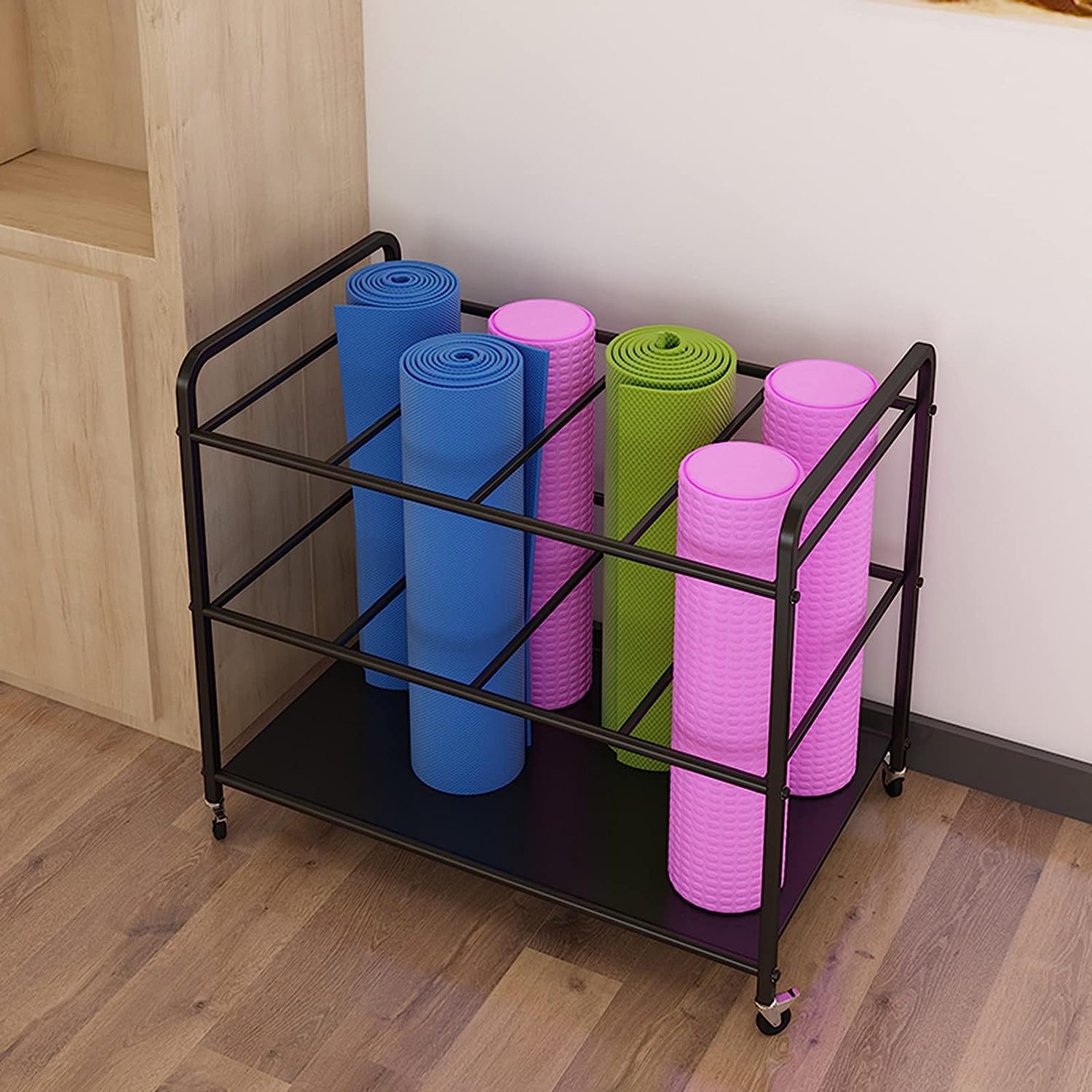
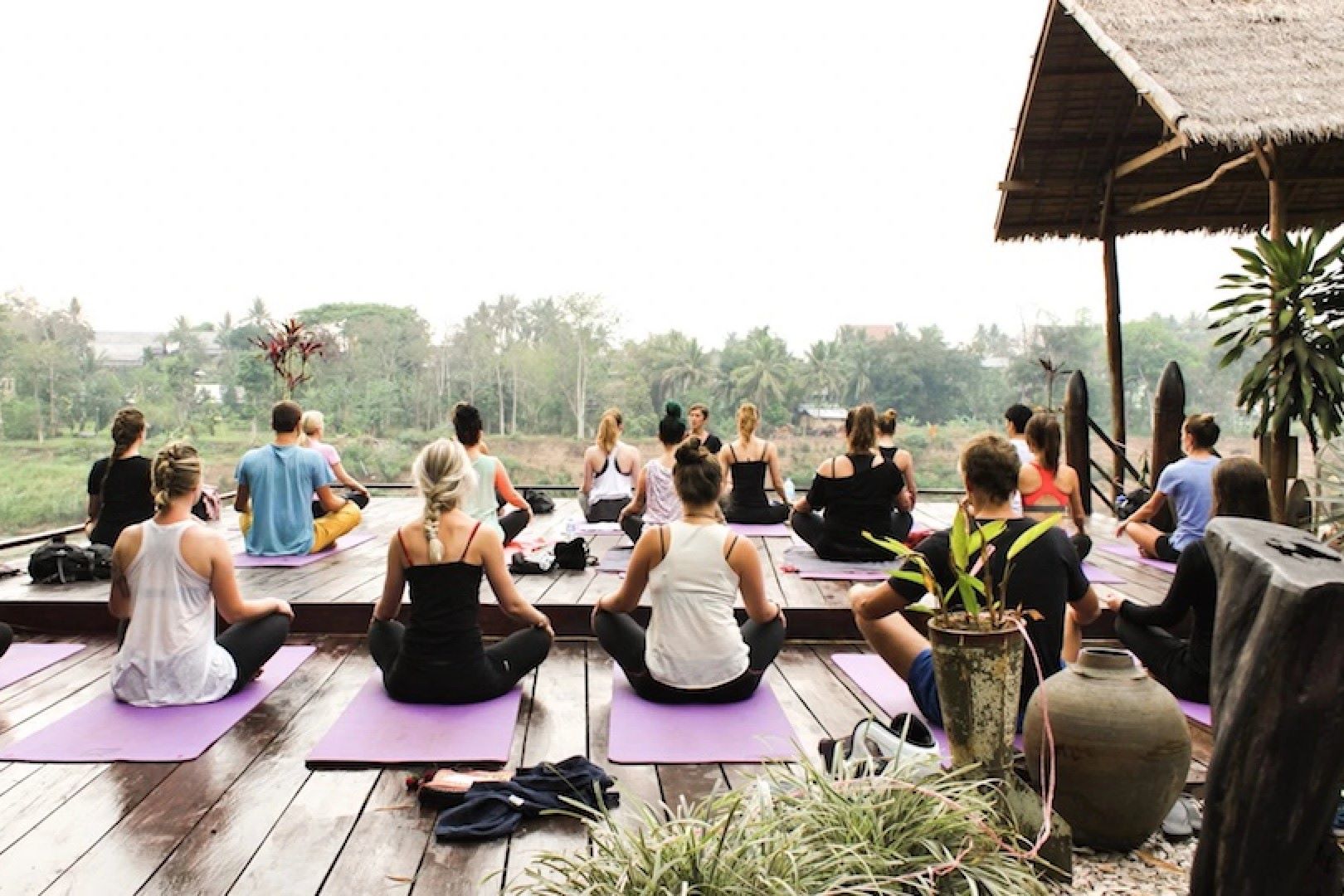
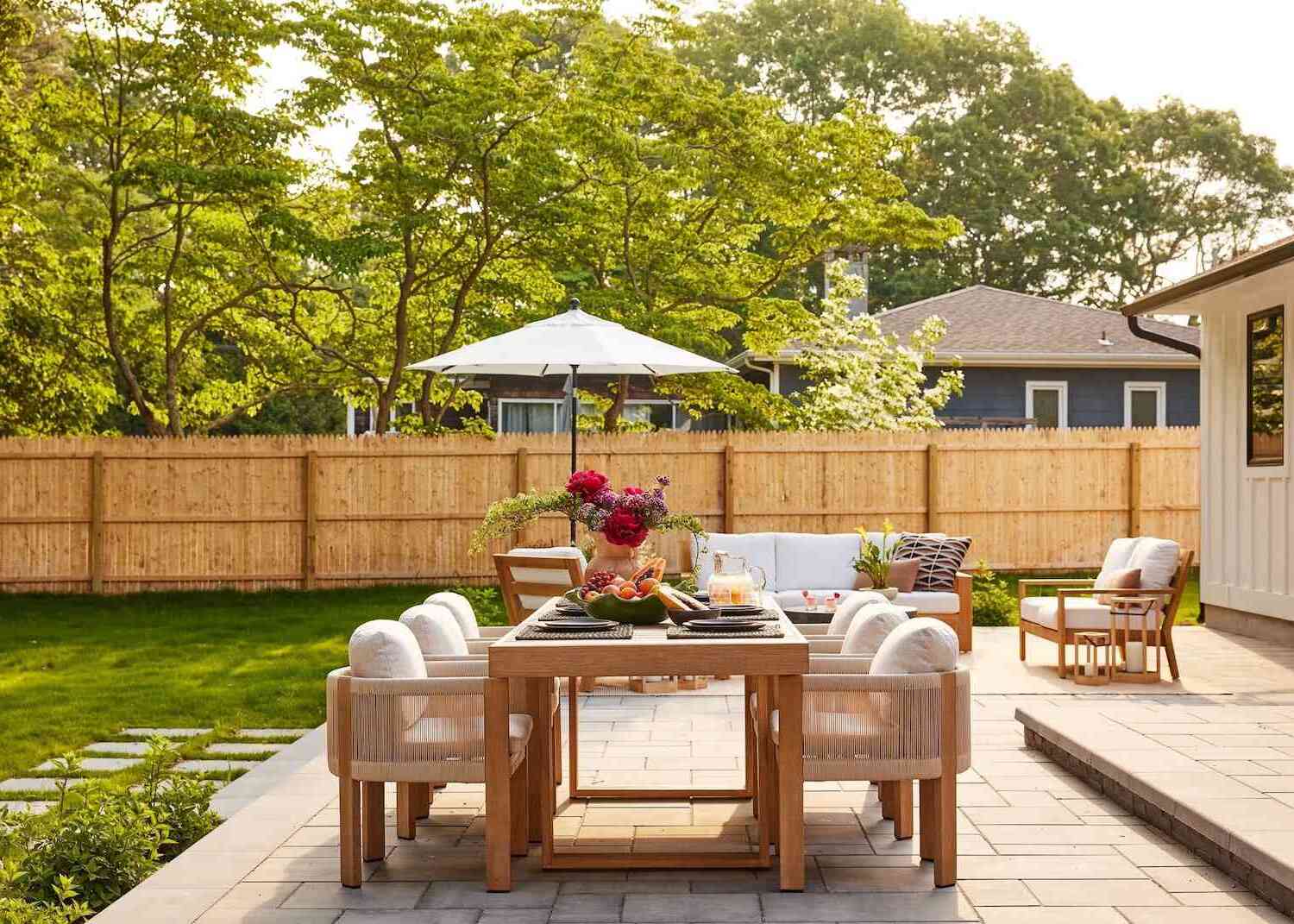
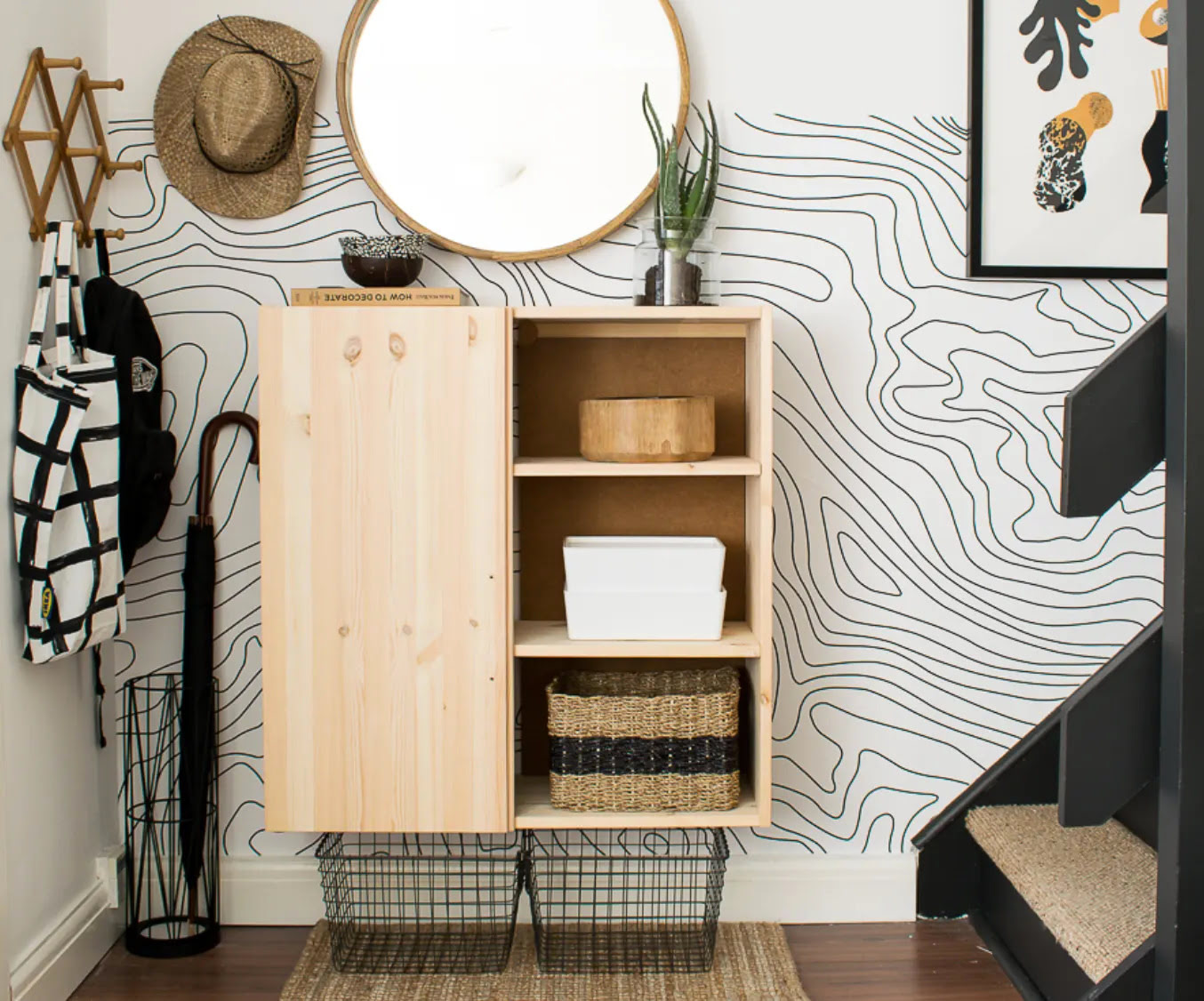
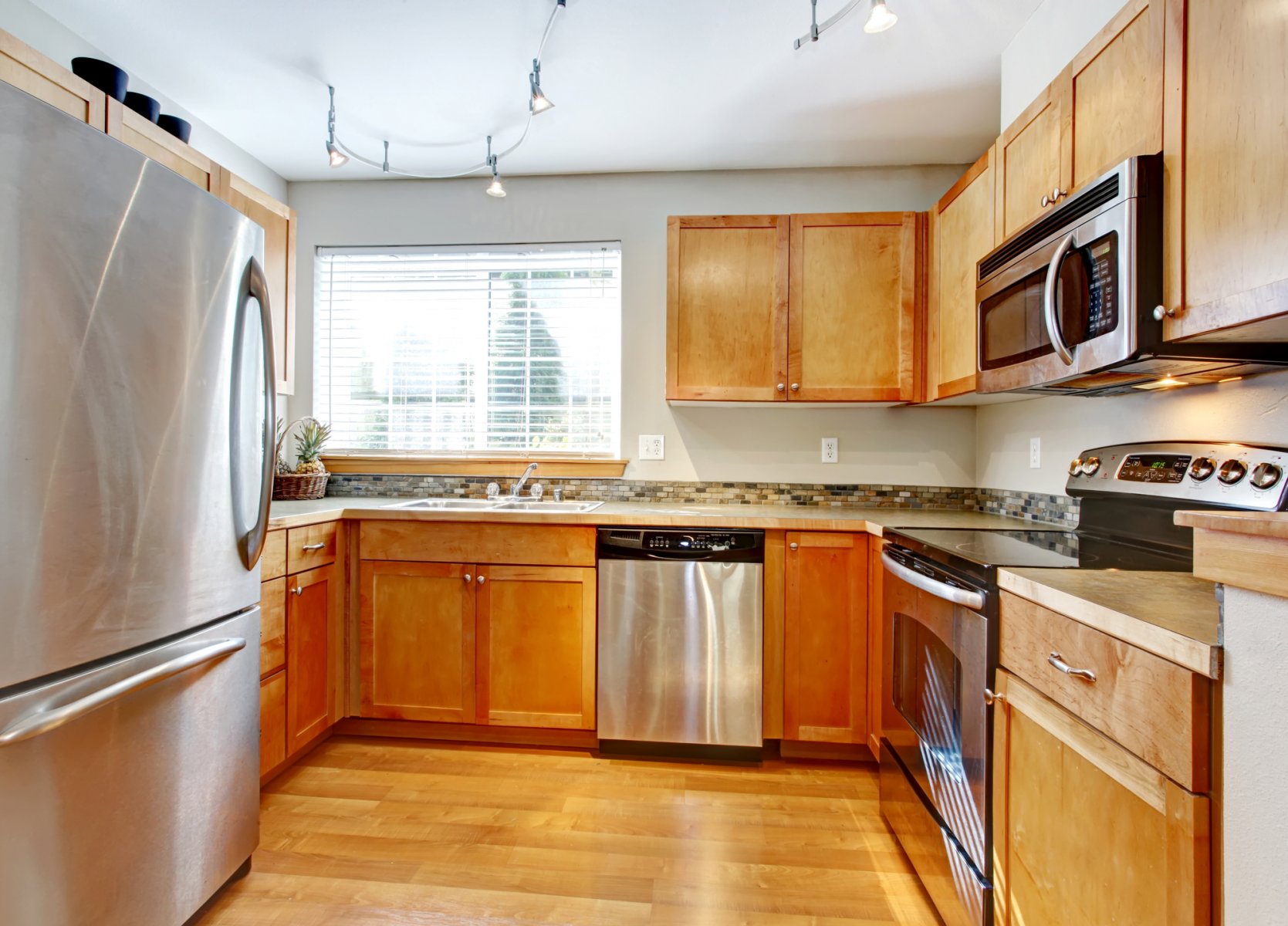
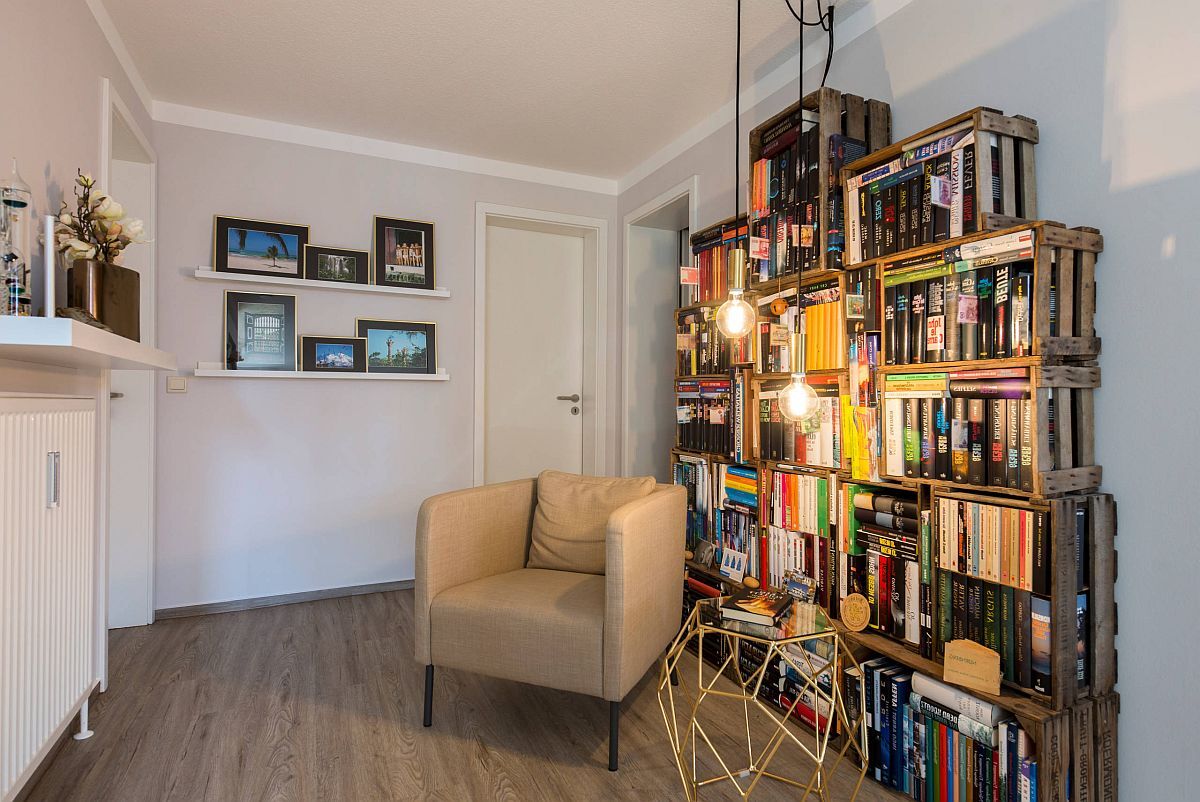

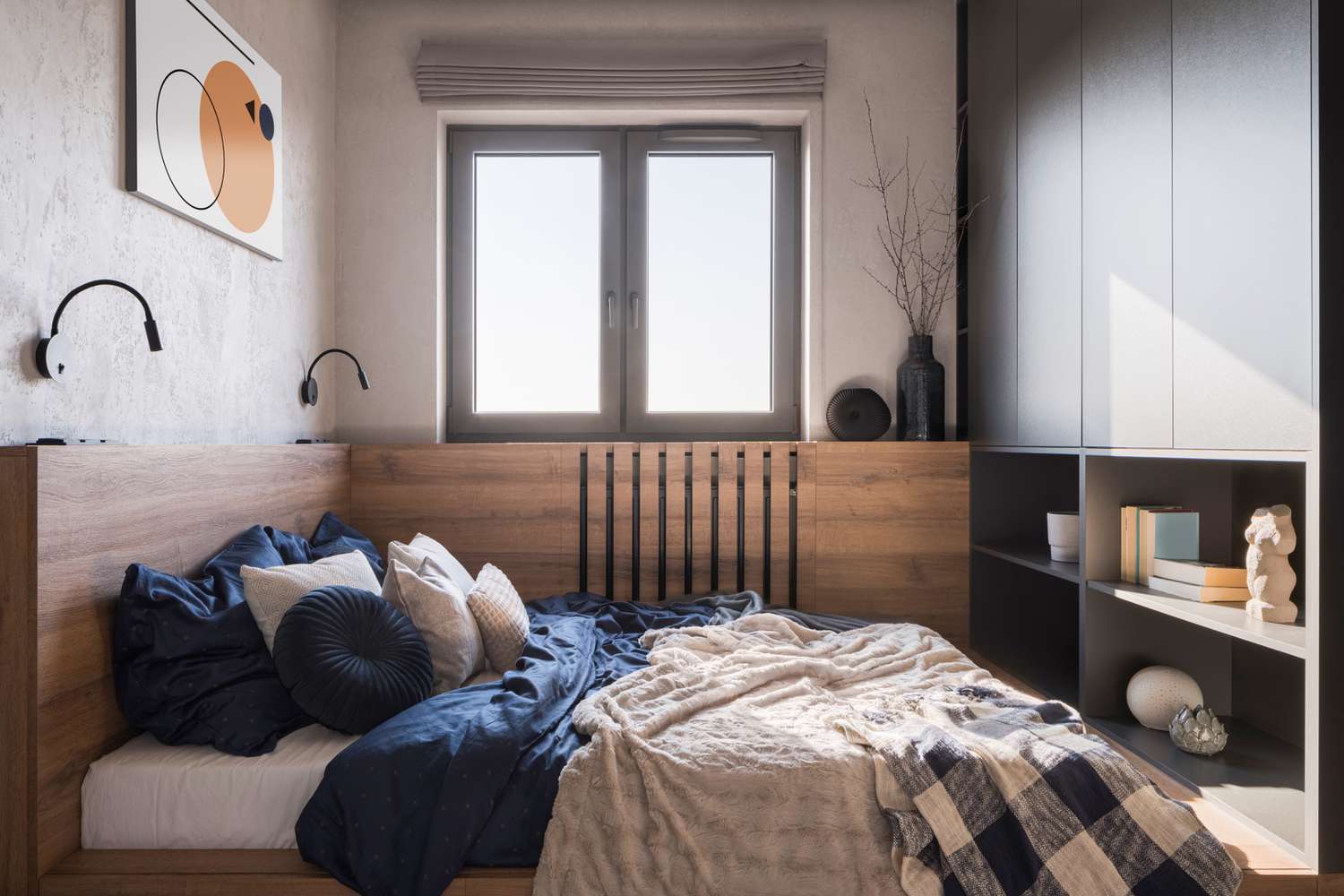


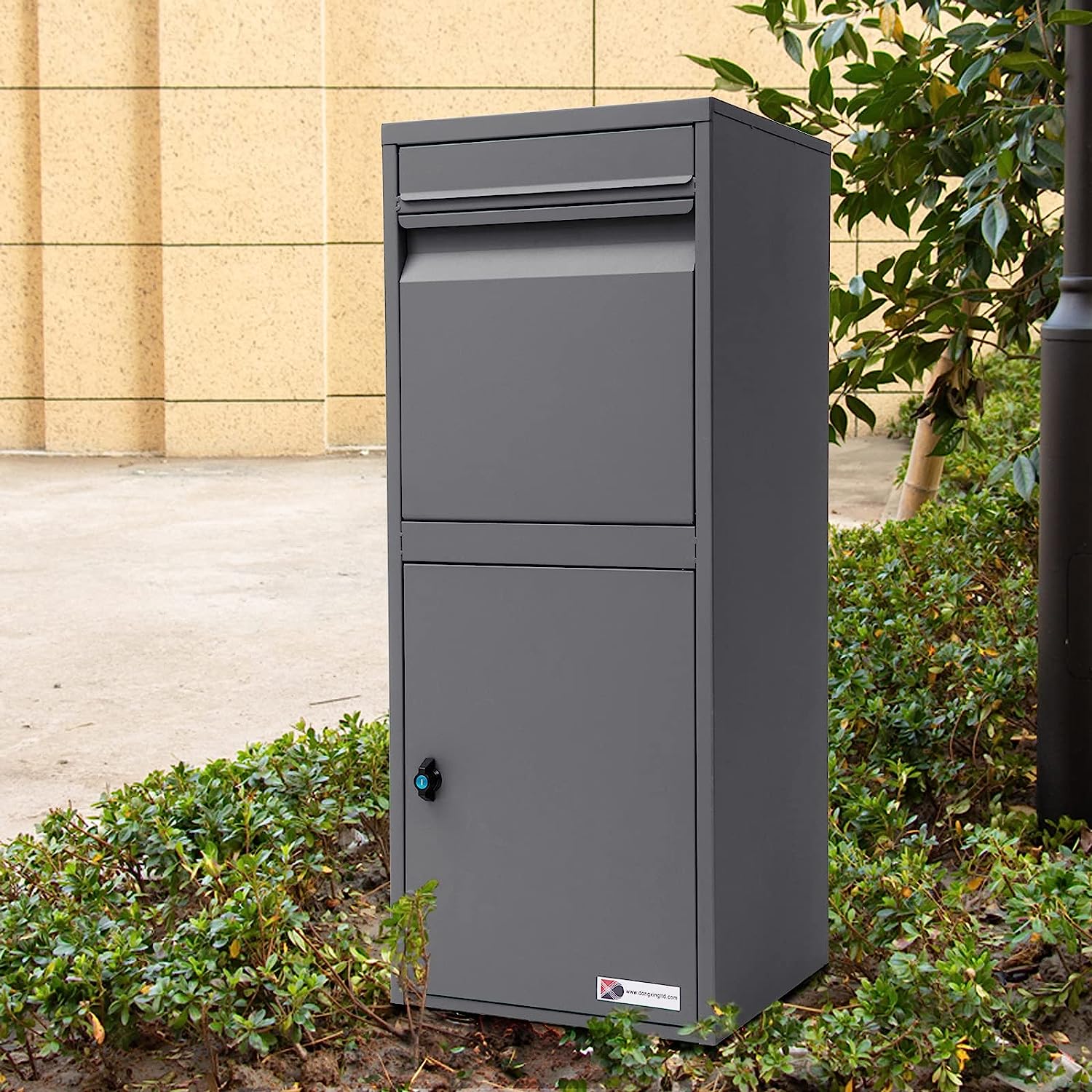
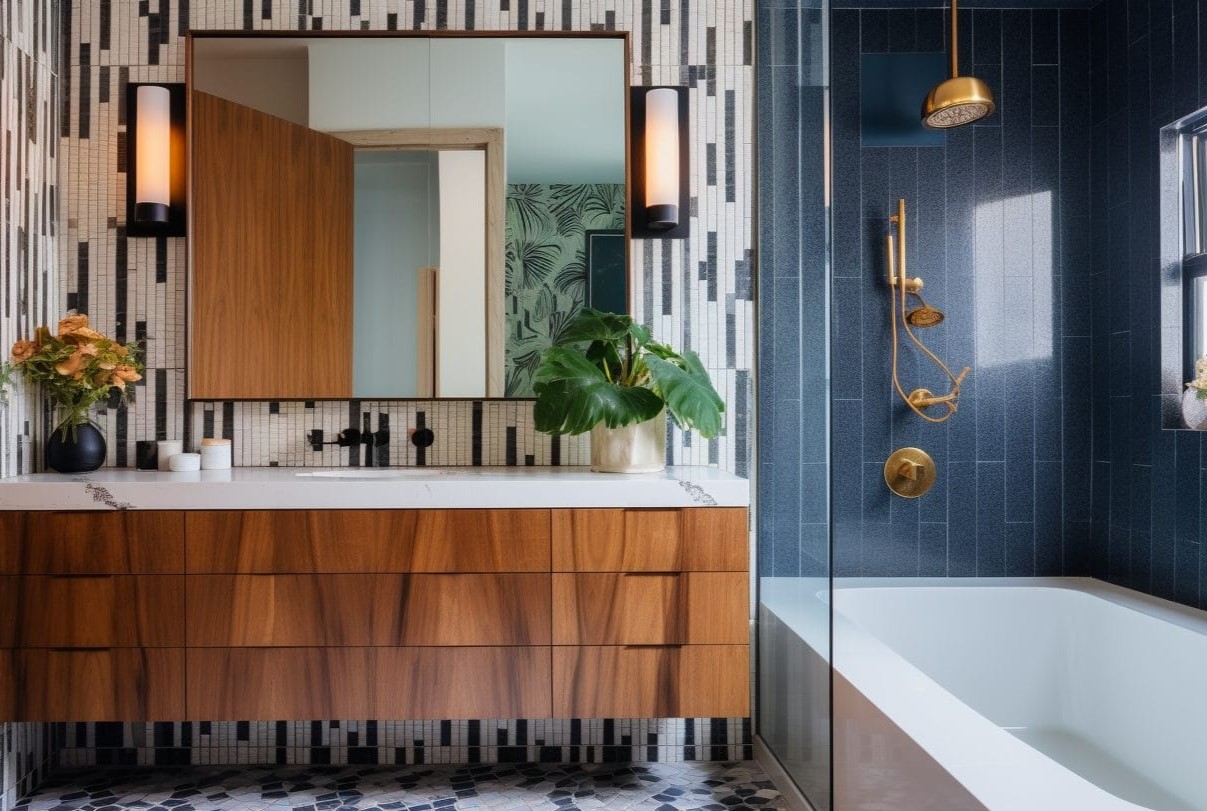
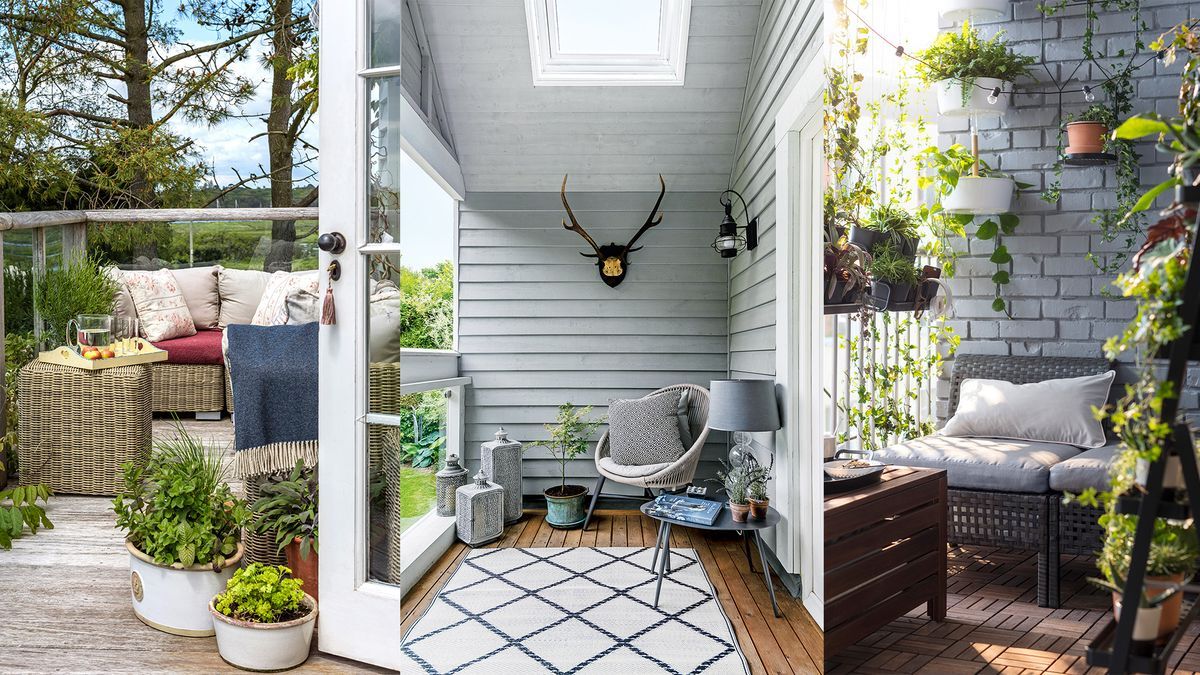

0 thoughts on “Setting Up A Small Space For Daily Yoga Practice”